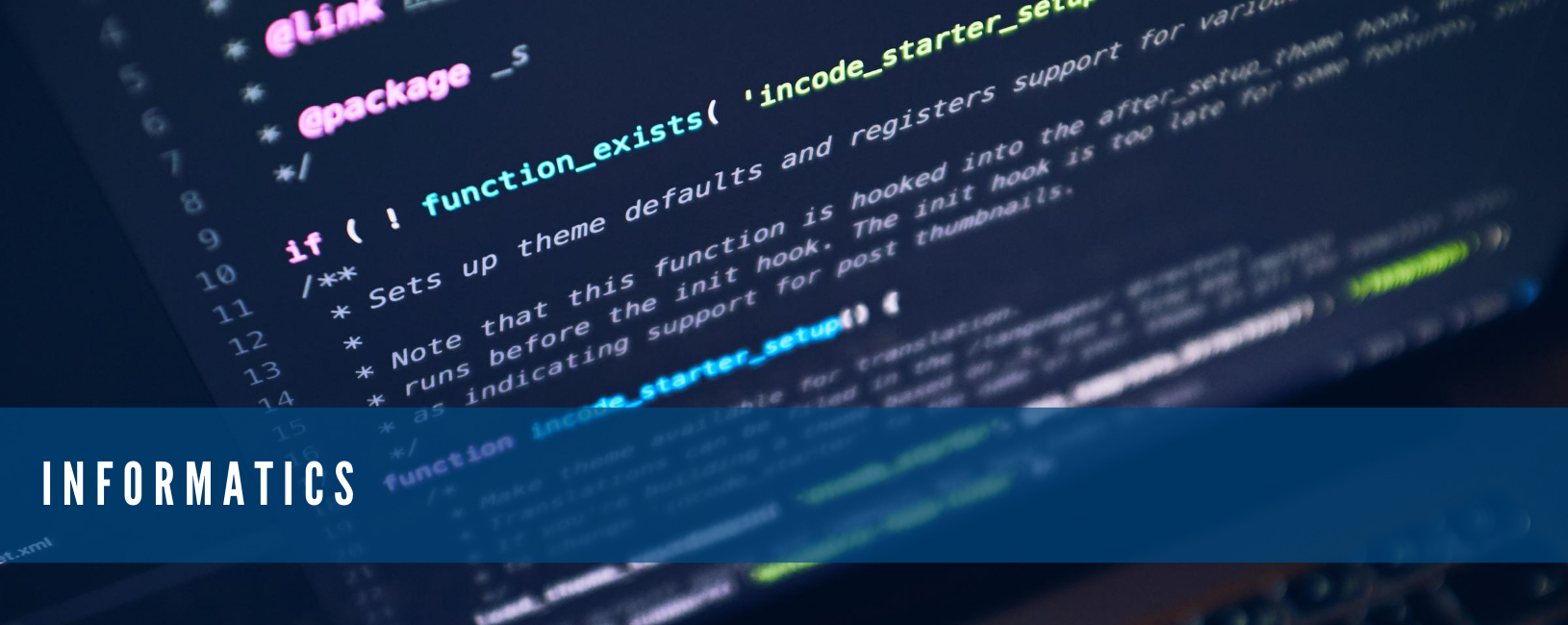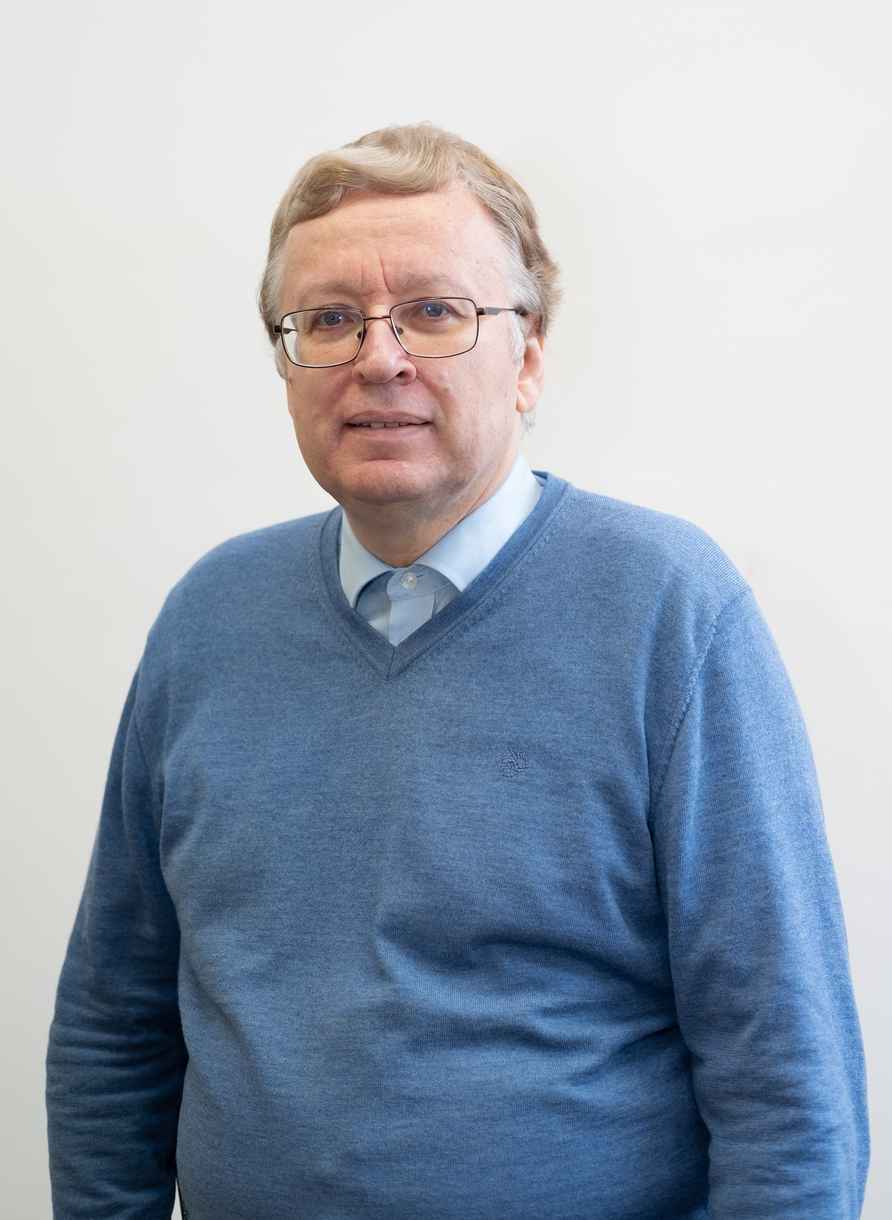
About the programme
| Lenght of studies | 2 years | Language | English |
| Scope of studies | 120 ECTS credits | Tuition fee per year | 5266€ |
| Qualification awarded | Master in Computing Sciences | Start of studies | 01 September |
| Application period | 01 January - 1 June/15 July | Application deadline | 1 June* / 15 July** |
* For applicants from non-EU/EFTA countries
** For applicants who do not need a Lithuanian visa and non-EU/EFTA applicants, if there is a Lithuanian embassy in their home country
The main goal of Informatics study programme is to prepare highly qualified IT specialists, able to carry out independent research work, continue Doctoral studies in Lithuanian and foreign universities as well as capable of developing software development and maintenance projects and successfully compete for IT jobs both in Lithuanian and foreign companies.
Why this programme?
The modern computer- and software-based systems tend to become more complex and interconnected while being deployed in various, very different application areas. To design, develop and apply such systems, a graduate needs to acquire a broad set of diverse competencies and skills. The Informatics programme aims to give such a combination of necessary knowledge and skills, including, in particular, system modelling and design, data analytics and artificial intelligence, cloud computing, etc.
What's after?
- After completing the Informatics study programme, a graduate can understand the involved processes of diverse computerized application areas and create their informational models, acquired sufficient professional competence and knowledge for performing complex tasks of computer systems' design and development.
- Informatics graduates can be employed as analysts, designers and programmers in large projects of private companies and/or research institutions, are capable of mastering new methods and technologies independently and applying them in practice.
Programme specific requirements
- At least first level studies leading with bachelor diploma are required. The general criterion for admission is to pass an entry exam covering the main topics of Informatics bachelor degree study program.
- English language proficiency: the level not lower than B2 (following the Common Framework of Reference for Language approved by the Council of Europe).
- Entrance examination is held by electronic means remotely. Main topics for entrance examination.
In addition, all applicants have to fulfil general admission requirements.
Programme structure
|
Course unit title |
ECTS credits |
|
I YEAR |
60 |
|
1 SEMESTER |
30 |
|
Compulsory courses |
20 |
|
Artificial Neural Networks |
10 |
|
Data Analysis |
5 |
|
Scientific Research Work I/III p. |
5 |
|
Elective courses* |
10 |
|
Intellectual Systems |
5 |
|
Heuristic Algorithms for NP-complete Problems |
5 |
|
Methods of Cryptography |
5 |
|
Object Databases |
5 |
|
Electronic Signature Infrastructure and Electronic Documents |
5 |
|
2 SEMESTER |
30 |
|
Compulsory courses |
15 |
|
Modelling and Verification of Software-based Systems |
10 |
|
Scientific Research Work II/III p. |
5 |
|
Elective courses* |
15 |
|
Multidimensional Data Visualization |
5 |
|
Selected Topics in Coding Theory |
5 |
|
IT Projects Management |
5 |
|
User Experience Engineering |
5 |
|
Randomized Algorithms |
5 |
|
Object Oriented Technologies |
5 |
|
Software process Assessment and Improvement |
5 |
|
II YEAR |
60 |
|
3 SEMESTER |
30 |
|
Compulsory courses |
25 |
|
Professional Practice |
15 |
|
Scientific Research Work III/III p. |
10 |
|
Elective courses* |
5 |
|
Graphics and Vizualization Methods |
5 |
|
Software Systems Architecture and Design |
5 |
|
Cloud Computing |
5 |
|
Distributed Systems |
5 |
|
4 SEMESTER |
30 |
|
Compulsory courses |
30 |
|
Master’s Thesis |
30 |
*The supply of elective course might vary depending availability.
Contacts
Do you have any questions? Contact:
- Email: konsultavimas@mif.vu.lt
- Tel.: +370 5 219 5027
Study Programme Committee

Head of the Study Programme Committee - Prof. Dr. Linas Laibinis
- Asist. Dr. Adomas Birštunas;
- Prof. Habil. Dr. Mindaugas Bloznelis;
- Prof. Dr. Olga Kurasova;
- Assoc. Prof. Dr. Karolis Petrauskas;
- Assoc. Prof. Dr. Vilius Stakėnas;
- Prof. Dr. Rimantas Vaicekauskas;
- Giedrius Daugiala Social Partner, JSC „Asseco Lietuva“;
- Two Students Representatives.
{slide=title="Ask a student" open ="false"}
Ask a master student!
 |
Daniel Daukševič | I course | |
|
I chose to study for a Master's degree because I wanted to continue my studies, develop further and deepen my knowledge of topics I was already familiar with, or explore areas that I hadn't studied in my previous studies. I also wanted to explore the field I had analysed in my bachelor thesis. I decided to go back to Informatics because I found the subjects taught in this study programme the most exciting and valuable. The lecturers are already familiar - I know they are experts in their field. With a good theoretical background (especially if you have studied IT during your undergraduate studies), a Master's degree doesn't seem scary anymore. Still, the willingness to learn and improve your skills is essential. |
|||